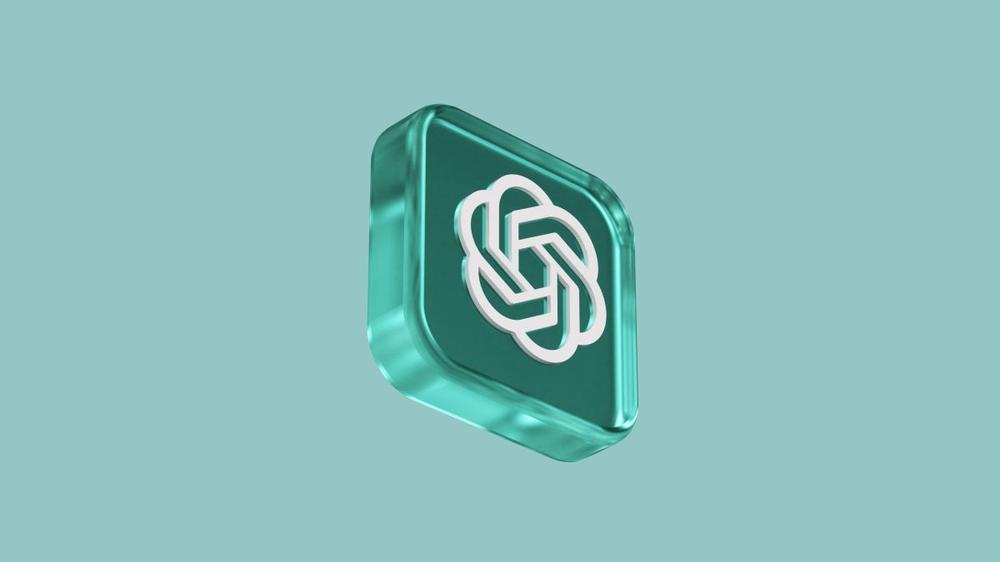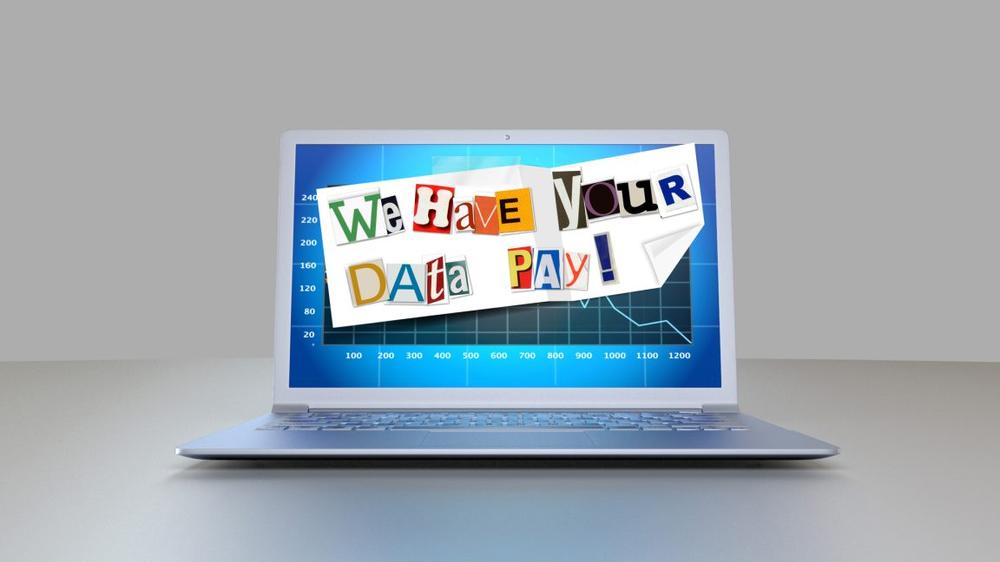When Nick Turley joined OpenAI in 2022 as the head of ChatGPT, he was tasked with commercializing the company’s research. He has made great strides toward that goal, growing the product to 800 million weekly active users. Now, Turley wants to take an even bigger swing: transforming ChatGPT into a new type of operating system full of third-party apps.
I sat down with Turley this week on the outskirts of San Francisco’s Fort Mason, a former U.S. military post where OpenAI held its third annual developer conference, to discuss how he’s thinking about ChatGPT’s future. You can find a transcript of our conversation at the bottom of this article.
To turn ChatGPT into an operating system, Turley tells me he’s drawing inspiration from web browsers. Over the last decade, browsers have emerged as a new kind of operating system — not in the literal sense like MacOS or Windows, but because they’ve become the main place people work on computers thanks to a variety of web applications. Turley sees ChatGPT evolving in a similar way: a platform that could change how people interact with software.
OpenAI is reportedly developing a browser too. Turley doesn’t confirm or deny this, but he does say browsers are “really interesting.” The company is also working with Jony Ive and a team of longtime Apple designers on a family of hardware devices. Given these efforts, it’s easy to see how a ChatGPT operating system full of apps could become a central component of OpenAI’s consumer ecosystem.
OpenAI has been chasing this idea for a while. In 2023, the company launched an array of “AI app store” efforts such as ChatGPT plugins and the GPT Store. Those products didn’t exactly take off, but OpenAI seems to have a better approach this time around.
The launch of apps aligns with OpenAI’s desire to turn ChatGPT into an e-commerce destination. Apps from Expedia, DoorDash, and Uber could lead to more transactions in ChatGPT, something OpenAI can now facilitate and capture some of the revenue from. Having a product featured in ChatGPT could be a major source of business for both third-parties and OpenAI.
This might also be OpenAI’s most compelling pitch to developers yet. Third-parties can now reach ChatGPT’s 800 million users during their everyday conversations. Apps are part of ChatGPT’s core experience, rather than in a separate store of widgets. Developers can also build more interactive experiences in ChatGPT, beyond just chatbots connected to their company’s data.
However, the business of running an operating system also comes with lots of messy problems, such as how to promote certain apps over others. Turley says OpenAI isn’t ruling out letting some companies pay for their apps to have priority placement in ChatGPT, but the company is figuring out how to do this without hurting the user experience.
Third-party developers likely also want access to ChatGPT user data. In a set of guidelines, OpenAI says app developers must “gather only the minimum data required to perform the tool’s function,” but it’s unclear what that means in practice. Turley says OpenAI may build out new features — such as a partitioned memory in ChatGPT — that could let users give fine-grained data access to developers.
One standout comment from our conversation was how Turley views ChatGPT as the “delivery vehicle” for OpenAI’s nonprofit mission: to develop and distribute artificial general intelligence (AGI) — highly autonomous AI systems — in a way that benefits humanity. Some OpenAI researchers worry that the company’s consumer business could overpower its nonprofit mission. But according to Turley, ChatGPT is how OpenAI will distribute AGI to the masses. How’s that for a spin?
Here’s my conversation with Nick Turley, Head of ChatGPT, which has been edited for clarity and brevity. My questions are in bold, his answers are not.
Maxwell Zeff: How are you thinking about ChatGPT as a platform for other companies?
Nick Turley: I think we’re gonna look back at ChatGPT in a couple years and feel like the current product is in the command line era. It’s really powerful, but it’s lacking something very important, which is affordances.
In the classic operating system world, that’s obvious. We prefer going to Mac or Windows and opening applications, versus remembering all the commands. It’s kind of bonkers to me that we’ve scaled the product to 800 million weekly active users with the form factor we have. This is a weird and hard to grow category, and yet it’s growing like crazy.
The evolution we’re trying to make over the next few years is one where ChatGPT itself is more like an operating system where you can come and use applications. If you want to write, there’s an app for that. If you want to code, there’s an app for that. If you want to interact with goods and services, there are applications for you.
But we can’t build everything ourselves. We’re not going to have a music streaming service, or replicate Coursera’s catalog of educational materials. We’re not going to get into the business that Expedia and Booking.com are in. And for that reason, it makes sense to partner.
There’s also a whole generation of apps that people are going to build that wouldn’t have been possible previously. The Ubers of the world only exist because of the mobile platform, and I’m really excited about what those might be for ChatGPT.
We also want to give developers, who have been with us since the beginning, access to ChatGPT’s 800 million weekly users. If they’re able to enhance ChatGPT and build real businesses on top of that, it creates more winners in the ecosystem.
Where do you draw inspiration from when building ChatGPT?
You can’t go to one spot. I often tell job candidates they need to have first principles thinking, and if they’re gonna try to run a playbook they saw at Meta or Google, you’re actually gonna run out of competitors to copy. When it comes to [ChatGPT] or Sora, there’s just zero precedent. So you kind of have to get your analogies from different places.
I think browsers are really interesting because, in some ways, they’ve become the operating system in the last 10 years. How many of us actually use desktop apps? You might use Excel or PowerPoint, but most of what we do actually happens in the browser via application-like things.
I also spent some time looking at the early ads for the [Apple] PowerBook. It’s kind of like ChatGPT where it was this appliance that nobody quite knew everything you could do with it. The ads were literally like “It’s a calculator, it’s an alarm clock.”
So there isn’t a single thing you can look at, but it behooves us to learn from history. If you just look at the last 10 years, there might not be the perfect analogous thing.
You mentioned browsers and devices there. How are you thinking about expanding ChatGPT into those form factors?
OpenAI is the kind of place where you dream big. One category we have covered is productivity, which is effectively ChatGPT. But there are so many other product categories to be built, and they’re all going to change with AI. Entertainment is one, which is why I’m excited about Sora. Social media is another one. Obviously, hardware and access points to the Internet are interesting too.
You should really think about what we’re building as a family of products and applications that are tied together by your account, personalization, and identity layer. I’m really excited that we’re not boxing ourselves in. Even if we were just the ChatGPT company, there would be infinite things to build, but our ambition on what we can do for people just goes way beyond that.
I’m interested in hearing how you think the consumer business of OpenAI fits into the nonprofit mission. I’ve heard some people say the consumer business funds the mission. How do you see it?
The OpenAI I joined was a research lab that might ship a demo or two. In fact, my job description at the time was framed to me as “helping commercialize OpenAI technology” — very open ended. At that time, the product existed to bring the research to life so that people actually get it. I think that was true and still is true, as you can see with Sora. The best way to start a grounded discourse on the profoundness of a technology is to ship something.
Then we moved from that framing to, okay, maybe the product is more than that. Maybe the product is actually the way we fund the mission. It became evident at some point, even before I got to OpenAI, that this is all going to be very expensive.
But after ChatGPT, we started talking about it a bit differently. Our mission is to ensure that AGI benefits all of humanity, and reaches people. If you combine that with the insight that AGI is probably not this single moment in time, but rather a gradual thing, you have to think of product as the delivery vehicle of the mission. It’s the way you actually benefit people in practice.
If you look at what these 800 million people are doing every week, ChatGPT is helping them achieve their goals. I don’t know if you saw the guy in the keynote who taught himself to code at 89. That’s insane to me. I talk to ChatGPT users who help their autistic kids by modeling social interactions. I talk to people who are entirely self taught in a language based on what they do with ChatGPT. Like, that is the mission.
I don’t think it’s fair to talk about the consumer business as a funding vehicle. Rather, it’s the expression. That is one way in which OpenAI has evolved, to me at least, since I’ve joined.
Let’s dive deeper into the apps that were announced today. OpenAI has said that third-parties can only take the “minimum amount of data” necessary to run an app in ChatGPT. How are you thinking about user privacy?
From day one, we’re going to ask developers to disclose to users what information they’re requesting. We’re also only going to let [apps] go live if they are reasonable in the data that they request. We published our developer guidelines [at launch] so people won’t be surprised when we reject their app because it doesn’t comply with our stance on privacy.
Over the next month, we want to build ways for users to give fine-grained access to developers. I think Apple has done a phenomenal job with this, where you can share data just this time, or all the time, etc.
To do that well, we might need some concept of a partitioned memory in ChatGPT, which we’re still thinking through. But we’re really excited about the idea because you might want to keep certain conversations, like health, separate from others, such as music. Users may want to share one, but not the other, with an app. So we’re going to have a lot more to share soon, because it’s actually a combined research and engineering challenge to do this well.
The thing that’s uncompromisable for us is transparency. We want users, at all points, to understand what data might be going to a third-party, but the controls will come over time as we build them out.
DoorDash and Instacart are two companies that will have apps in ChatGPT soon enough. If I want to order some snacks, how will ChatGPT know which one to go to?
This is the classic question. The best way to start is you show them both. If you’ve used one of them before, we’ll prioritize that one. If you’ve used both, we’ll ask which one you prefer. We could get more sophisticated over time. You could imagine one of these apps being much higher quality than another. Maybe there would be reason to prioritize one over the other.
We have multiple partners in the same product categories. I think the most graceful and respectful way to handle that is to serve both apps.
Are you thinking about letting companies pay for their apps to have preferential spot placement in ChatGPT?
This is one of the things we’re hoping to do some discovery on with developers. There’s this trade off. You could try to figure it all out in advance, and roll it out with the announcement, but that probably means you didn’t talk to a lot of people. Or you could delay it, which means everyone’s asking questions and doesn’t know exactly what’s going to happen, but it gives us the ability to actually engage.
We chose the latter just because we know that building this ecosystem is going to be a long game. It’s not going to happen on day one, and therefore it’s better to be thoughtful on what sort of distribution mechanisms are and aren’t fair game.
At the end of the day, we want a great user experience. So if that would lead to apps [surfacing] that are irrelevant to the user, I don’t think we’d like it. If this was a lever that helped us prioritize apps that are really serious because they’re clearly trying to invest in exposure, it could be a good thing. We have no point of view as of today. It’s certainly something that’s come up with different partners.

 “Imagine being scared of colors”: Florida destroys iconic rainbow Miami Beach LGBTQ crosswalk
“Imagine being scared of colors”: Florida destroys iconic rainbow Miami Beach LGBTQ crosswalk